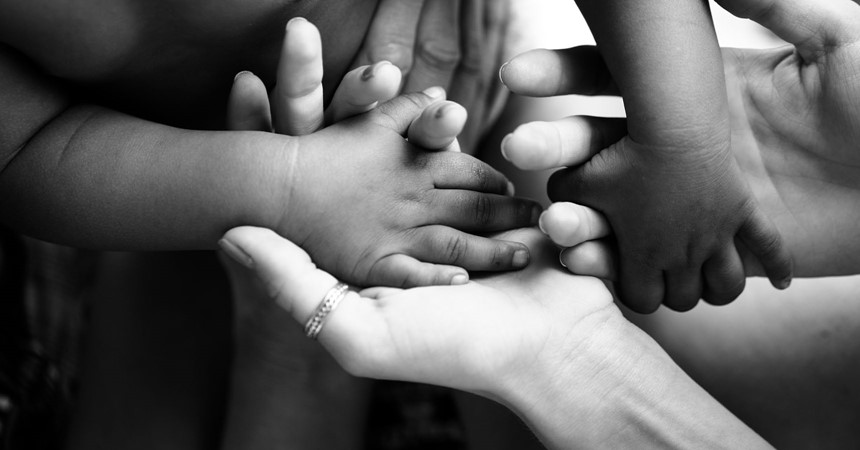The family unit began with the first humans. While families today may look different than they did thousands of years ago, they are equally, if not more so, important now than they were then.
Families form the smallest building block of our society, assuming diverse forms and a vast array of functions, but there is no doubt that families are the bedrock of our community. Strong families build strong communities because they embody caring for each other, being connected, and providing hope, help and support.
We spend our most formative years with our families and those people are likely to be the most important people in our lives, having a lasting influence and impact on us long after we have flown the nest. Having strong familial bonds provides support, nurture and opportunities for learning and expression in a safe and loving environment, which is essential for an individual’s development.
The secure and trusting foundation created in a family has been shown in numerous studies to dramatically impact a child’s future success. The more stable the family environment for a child, the more likely they will be healthier mentally and physically.
In 1994, the United Nations (UN) recognised the importance of the family and established the International Day of Families, observed on 15 May every year, to honour all families – both traditional and non-traditional – and raise awareness of issues faced by families throughout the world.
National Families Week is held between 15 and 21 May to coincide with the UN’s International Day of Families.
During National Families Week, it is important to reflect on the significance of family and community connection in the lives of children and teenagers in care and recognise the enormous value of Life Story Work in keeping them connected to their families.
Life Story Work aims to ensure that children and teenagers have an accurate record of their family’s background and history. It is a collaborative effort involving practitioners, family and carers and centred around the child’s needs and interests.
Children and young people develop and thrive in the context of relationships, community, and culture. It is vital that all children and teenagers in care are connected to their families and understand the reasons they came into care. This knowledge can assist with their sense of identity and belonging so they can eventually commence on their healing journey.
Can you help build a bond and develop trust between a child or young person in care? Can you help a child or teenager develop a stronger sense of self-identity and self-esteem by learning about and accepting their past to support their future
For more information about becoming a foster carer with CatholicCare Social Services Hunter Manning, please contact us: www.catholiccare.org.au or 1300 590 898
